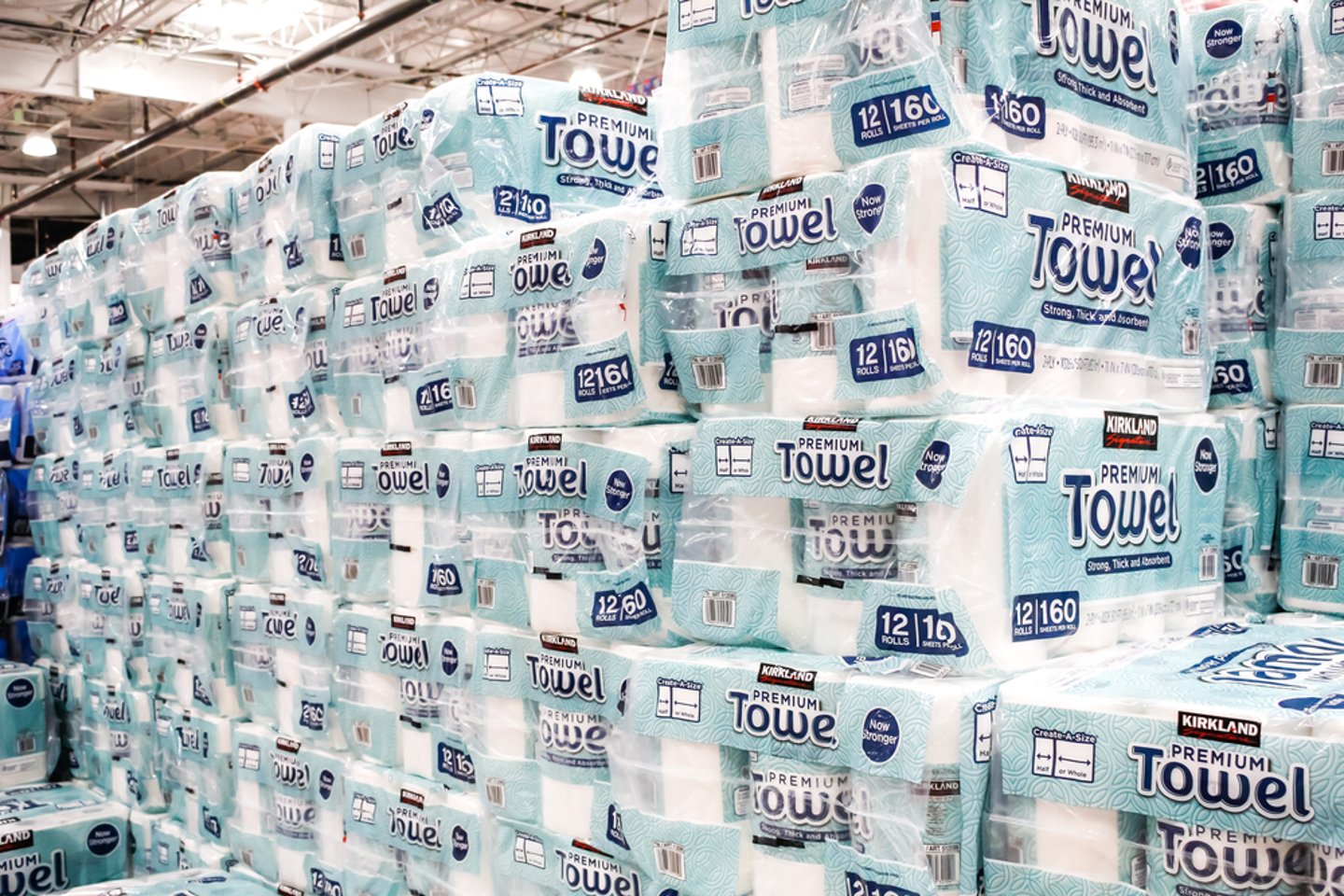Paper Report: Green Movement
In categories across the store, sustainability is a growing concern for consumers, and that includes paper products such as paper towels, napkins, tissues, toilet paper and more. A recent NIQ report showed that nearly seven out of every 10 consumers (69%) value sustainability more than they did two years ago.
Manufacturers see paper products as one of the categories most primed to take on sustainability, with companies focused on innovating and creating high-quality private label products, while doing so efficiently and in a manner that is planet-friendly.
However, when it comes to communicating sustainability initiatives, it isn’t always easy. Fabio Vitali, vice president of Marketing at Sofidel, said there are a few challenges to making, and marketing, Earth-friendly initiatives: knowledge, greenwashing and interest.
“Knowledge is key and category managers are not always equipped or knowledgeable enough to appreciate our efforts and improvements. This is why we believe we also have an educational mission there,” Vitali said. “Some (retail) customers do not have a sustainability department, which complicates the conversation.”
Greenwashing is an ongoing issue in the CPG industry as sustainability continues to take precedence in the market because, according to Vitali, product claims are not always as accurate as they are presented.
He said Sofidel has taken a number of steps to enhance its sustainability bonafides, including limiting fibers purchasing and CO2 emissions and reducing water and plastic use. These initiatives have earned the company a top ranking by Morningstar in its Sustainalytics Index for Environmental Risk Management.
“These (false sustainability claims) mislead the attention and damage companies like ours that really have a solid position, program and basis when it comes to sustainability,” he said. “Lastly, interest. Retail customers are not always interested or believe that consumers are interested in getting a sustainable product-based path and they prioritize price or quality.”
In addition to Sofidel, U.S. Alliance Paper is also focused on sustainability. The company said it offers retailers a sustainable product line made using 100% recycled fibers with 80% post-consumer content, and without chlorine bleaching.
“Whether it concerns the raw materials we purchase or working with outside agencies to certify our products, we show our end users that we are committed to a greener planet,” said Steve Saraf, vice president of Sales at U.S. Alliance Paper. “We also manufacture a line of products branded ‘Earth One.’ We use the same raw materials to manufacture private label products for our retail partners, giving them the opportunity to show their green commitment to their consumers.”
However, the challenge of making sustainable, store-branded paper products has been made more difficult by recent inflation and supply chain woes. According to the U.S. Bureau of Labor Statistics, the price of paper, pulp and related products reached an all-time high in January of 2023.
More recently, the price of paper products across all channels has been consistently elevated since the end of February, according to Circana’s CPG Inflation Tracker.
“The cost of pulp increased dramatically between 2020-2022,“ said Jeff Leaf, director of Sales at U.S. Alliance Paper. “Looking back over the past 18 months, our supply chain continues to be unstable. Manufactures like us are at the mercy of their supply base, something we have not experienced since opening our doors more than 25 years ago. Between the raw material increases and higher labor and operating costs, manufacturers have less pricing flexibility, and have had to pass on costs to remain financially viable. In turn, retailers are forced to raise prices, which contributes to the inflationary spiral we are in.”
Despite growing demand and awareness overall, not all shoppers are interested in sustainable paper products, especially when food and nonfood prices continue to remain high, as Vitali mentioned. When consumers are struggling to make ends meet and have to stretch their dollars at the grocery store, it could often come at the expense of paper products billed as sustainable. Still, experts are hopeful that this issue will be resolved over time.
“The biggest challenges facing ‘green’ paper products continues to be consumer acceptance,” said Leaf. “A consumer’s desire to ‘do the right thing’ for the environment does not translate directly to their purchasing behavior at the register. In these inflationary times, it also seems that price point triumphs over good intent. With a little more breathing room for consumers, hopefully the day will come for ‘green’ paper products.”




